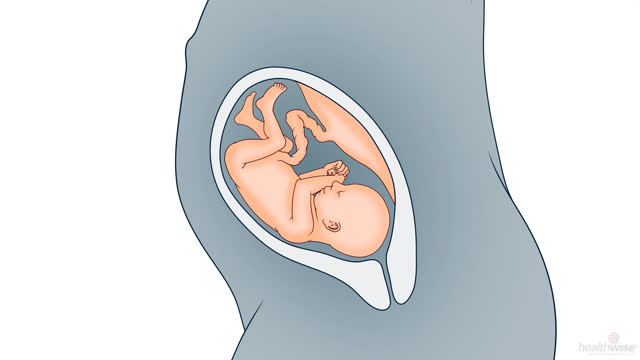Braxton Hicks Contractions
During the second and third trimesters of your pregnancy, you may notice times when your belly tightens and becomes firm to the touch and then relaxes. These are called Braxton Hicks contractions. Think of them as "warm-up" exercises for your uterus.
These contractions may be so mild that you rarely notice them. Or they may be strong enough to make you stop what you are doing.
You may begin to feel Braxton Hicks contractions between the 28th and 30th weeks of your pregnancy. But sometimes they start as early as the 20th week. You most likely will have more of these contractions during your ninth month.
It is often hard to tell the difference between true labor pains and Braxton Hicks contractions, especially in your first pregnancy. Braxton Hicks contractions:
- Tend to vary in strength and do not happen at regular intervals. They do not become more regular or stronger.
- May stop when you change what you are doing. For example, they may stop if you change positions, rest, or drink some water.
True labor contractions get longer, become stronger, and happen more often and at regular intervals. And they do not stop if you change what you are doing. True labor contractions will cause the cervix to open.
If you are not sure what type of contractions you're having, talk to your doctor or midwife.
Credits
Current as of: July 15, 2025
Current as of: July 15, 2025



